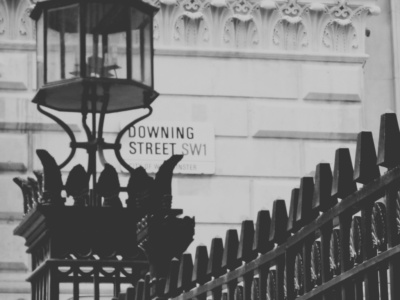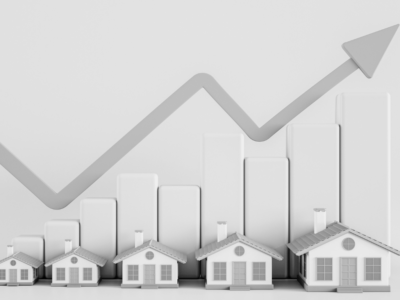Steering a course through this autumn has been far from straightforward.
I have now spoken at two Landlord Investment Shows, online. The first was on October 8, when government policy was to proceed with local restrictions, under the tier system, and to avoid a second national lockdown. The second, on November 3, was three days after Boris Johnson’s U-turn on a second lockdown, and two days before it started.
The question, then, is how the housing market will respond to that change.
Statistics take time to compile, and much of the data we have was compiled before the second lockdown was announced. Most of it, however, continued to suggest that the market had plenty of momentum. The latest RICS (Royal Institution of Chartered Surveyors) survey, released on November 12, was typical.
It showed that the big recent shifts have continued. Buyers are still keen to buy, and sellers more willing than they were to put properties on the market. The net positive balance for new buyer enquiries in the survey was a strong 46%, and for selling instructions 32%. Expectations for house-price inflation have eased slightly, however, from a new balance of 22% in September to 13% in the latest survey.
The survey was carried out as I say, before the second lockdown announcement. But the housing market is staying open in this lockdown, unlike in the spring, and Simon Rubinsohn, chief economist at RICS, found much to be optimistic about.
“The housing market remains very busy and despite the second national lockdown, the sense is that this will persist over the coming months and into the new year,” he said.
If there is a doubt, for him and in the survey, it is what happens after that.
“There is understandably more caution about activity looking beyond the first quarter of 2021,” he added.
“Aside from the withdrawal of government incentives, the market may also find the more challenging employment picture a significant obstacle even with interest rates set to remain close to zero for some time to come.”
There is a hint there that the industry would rather like to see an extension of the stamp duty cut announced by Rishi Sunak in July, which lasts until March 31.
Such an extension is entirely possible, if the fear is of a cliff edge for the market then. It would also be welcomed by landlords.
According to RICS, tenant demand remains strong, as does the growth in rents, in most parts of the country. London is the exception.
To get an idea of continuing momentum in the housing market, we should also look at what the house builders are saying, and they are for the most part decidedly bullish.
In a trading update on November 9 Pete Redfern, chief executive of Taylor Wimpey, said:
“The housing market has recovered well since reopening after the second quarter shutdown and, despite the wider uncertainty, underlying demand continues to be resilient, supported by very low interest rates.”
The firm was achieving a “good” sales rate of 0.76 homes per outlet each week and, he added:
“On many sites, we are selling today for completions in Q2 2021 and beyond, and as construction catches up with sales over the next few months, we expect rates to improve further.”
Persimmon, providing a trading update for the period July 1 to November 8 was also upbeat, citing weekly sales rates over the period 38% above last year, as the market came back from the spring shutdown.
It added:
“We remain confident that legal completions in the second half of this year will be at least in line with the second half of 2019, supported by robust build rates, subject to there being no significant disruption to the construction industry due to additional measures introduced to control the pandemic.”
That is the worry that hangs over every business and every part of the economy. But, with Pfizer’s announcement of a potentially very effective vaccine, the way forward has become clearer.
We can hope that this is the last lockdown that will be deemed necessary. The signs are that the housing market can get through it.






















Comments